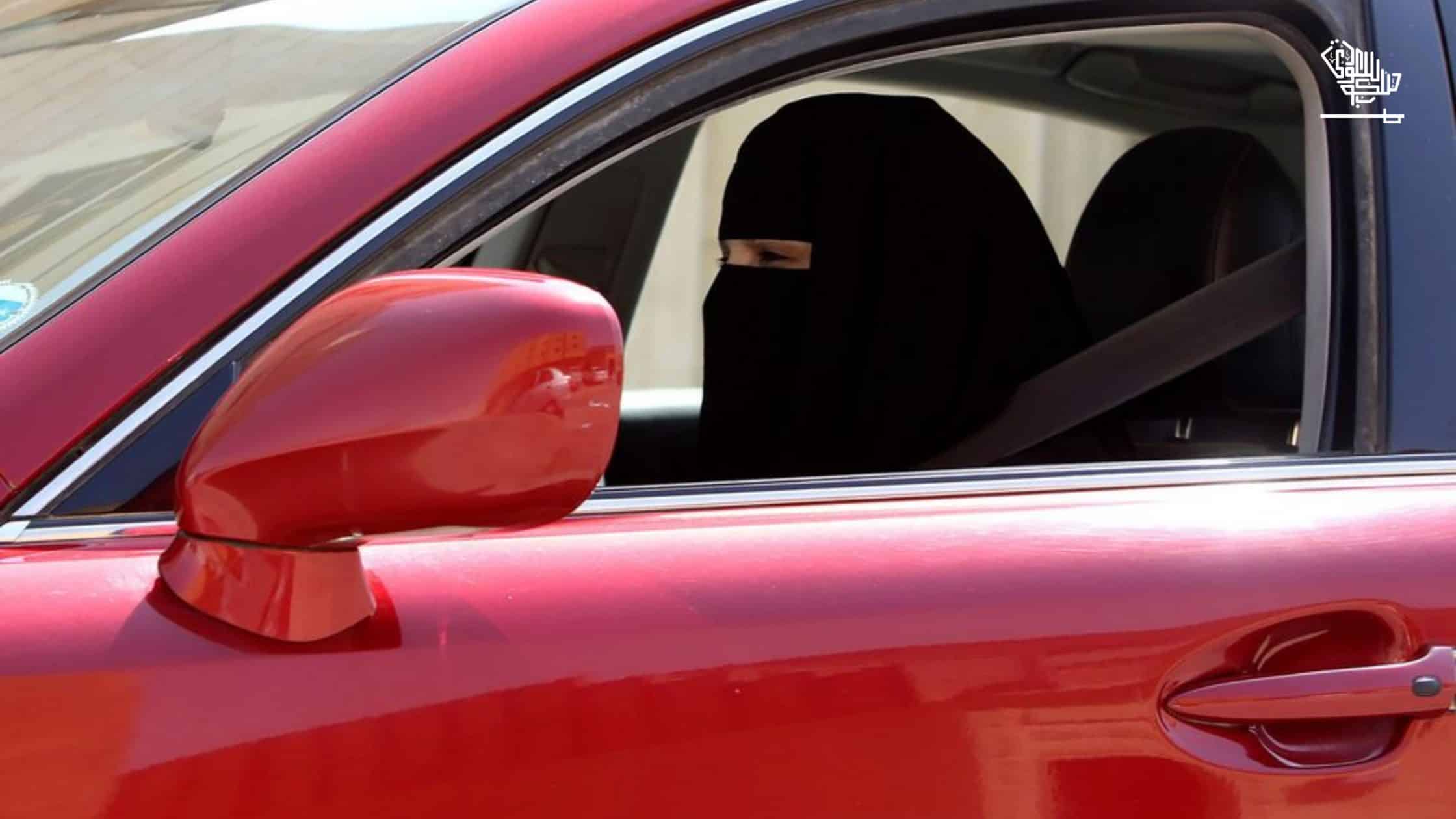Settling abroad in your new home and figuring out your healthcare needs simultaneously can be quite stressful, but help is at hand; read along as we detail your options. Health insurance is mandatory in Saudi Arabia, easily accessible, and quite straightforward. So, put your feet up and read up on the health insurance types, options, and requirements available in Saudi Arabia.
Our Little guide walks you through everything you need to know.
Health insurance and the healthcare system in Saudi Arabia
In the past, health insurance in Saudi Arabia was free for everyone, ex-pats and locals. However, faced with the substantial growth in the population. The government has decided to reduce the cost burden as these healthcare costs have reached an unsustainable level and changed the rules.
Healthcare is now free only for Saudi citizens. The public healthcare program no longer covers foreigners; ex-pats must provide proof of insurance for their residence permit approval. Healthcare facilities, including private, public, and military hospitals, are easily available throughout the Kingdom. Ex-pats will generally be limited to using healthcare facilities at private clinics and hospitals.
The following are the key points you must keep in mind when deciding what health cover will suit you the best: Does it include dental work? Are maternity costs covered? What are your co-payments? Which hospitals and clinics can you use? All of these are important considerations.
Also, insurance policies vary substantially in price, meaning that some more affordable policies might not be accepted at popular or reputable hospitals and clinics as these would be more expensive.
Private health insurance coverage advantages.
An upside is that even if your company insurance is insufficient for your needs, you can always top it up with your purchase. You can add a private cover for chiropractic treatment or a contact lens purchase.
Read: Healthcare for Women in Saudi Arabia
You can negotiate additional benefits for your package. These add-ons to your private insurance provide key benefits, such as access to the best facilities in the Kingdom or higher-quality dental care.
Insurance is available that offers emergency evacuation should there be any political unrest. So, do take some time to consider your family’s requirements and review these against your employer’s insurance policy. If you are not satisfied with the insurance coverage provided by your employer, then you need to research and add further insurance coverage.
Private health insurance, how does it work
Most commonly, employers provide health insurance to employees on a co-payment system; that is, even with company insurance, you are likely to have to pay some portion of your bill for health treatments or care. Triple-check and understand your insurance policy very clearly to see what part of the cost you are responsible for and under what circumstances.
Many employer-provided insurances provide only basic care. Hence, co-payments or out-of-pocket payments for certain specialized treatments could be high. Insurance premiums in the Kingdom can be competitive, and plans are available for under $2,000 a year.
Choosing a healthcare insurance provider
As an ex-pat, your employer will provide you with your basic insurance. This, however, will mean you don’t get much of a choice in which insurance company you use for your basic cover. You may need to negotiate a different insurance package with your employer, one that is to your satisfaction and meets your requirements.
If you take out additional insurance, shop for the best deal that covers all the medical needs you and your family may require.
Insurance cost and reimbursements
As anywhere else in the world, the premium costs of healthcare insurance depend on the individual. Insurance companies factor in data like your current health, how often you seek medical care, and the coverage you seek in your insurance policy; all of these factors will reflect in the cost of your insurance. Even if ex-pats use co-payment, medicines are heavily subsidized, resulting in a lesser expense than anticipated.
To get an accurate estimate of what you may need to pay for health insurance, check what all your company insurance covers and get quotes for any additional coverage you may require.
Healthcare insurance for the low-income earners and the unemployed
Saudi nationals have free access to public healthcare facilities regardless of employment status. It is a little different for ex-pats, as everything in the healthcare system is tied to the employed person in the family.
Your employer must provide proof of your employment and the health insurance package to get a residence permit for the employee, the spouse, and the children included in the insurance package. If your job is terminated, you lose your health insurance automatically and your right to stay in the country. You and your dependents will be required to leave the Kingdom.
It is again different for domestic workers (maids, drivers, etc.); these are often low-wage ex-pats exempted from mandatory health insurance. Instead, their sponsors take responsibility for their healthcare expenses by registering them at a Health Center or paying for their treatments.
Getting health insurance in Saudi Arabia is easy; all you need to do is know exactly what options you would need in case of illness.




